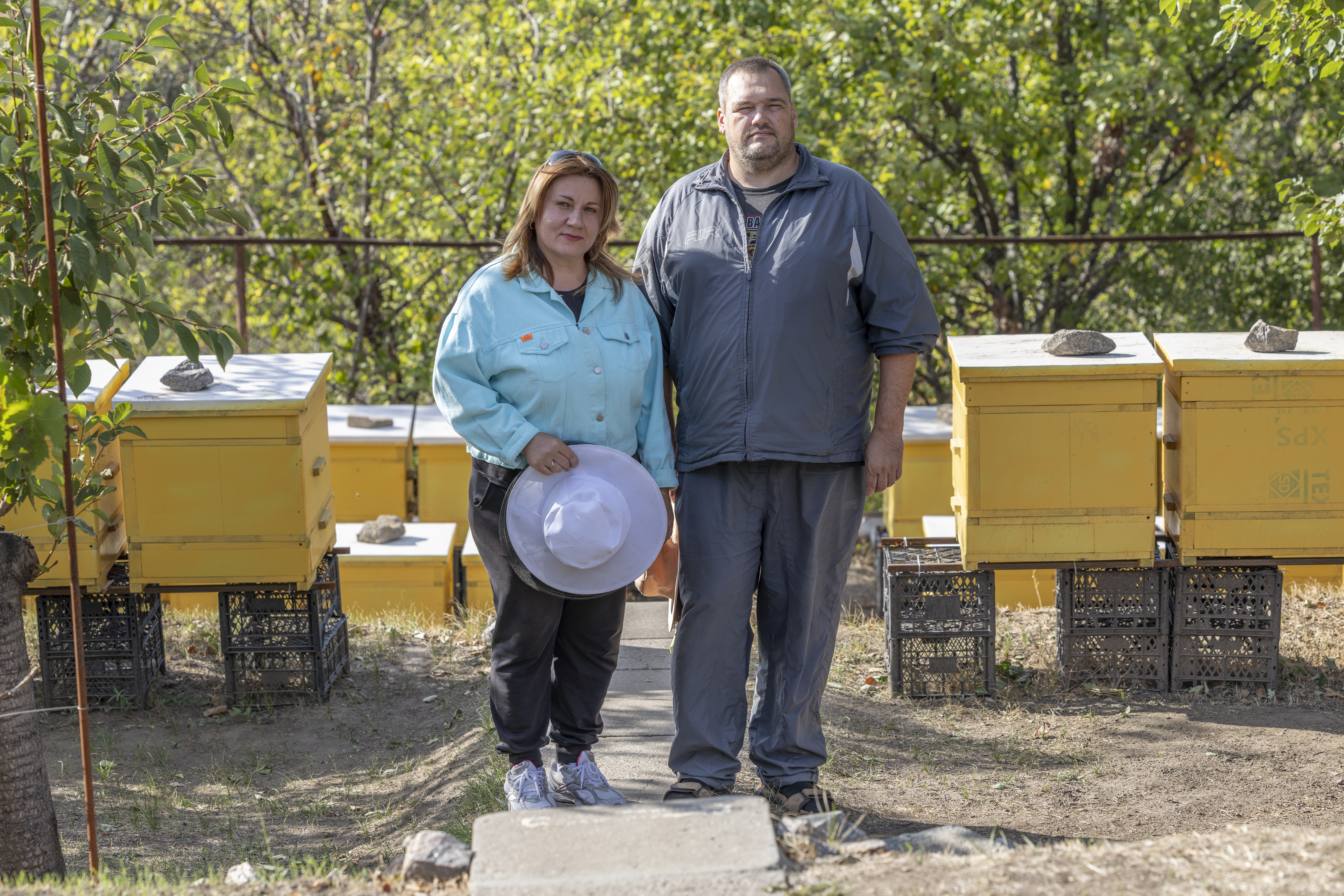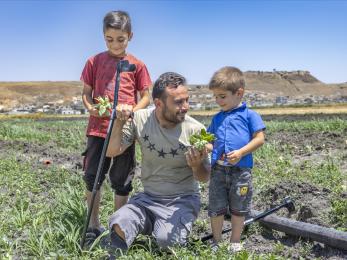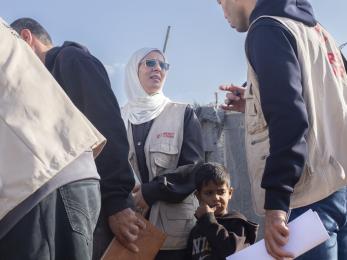A new chapter begins for communities in Syria
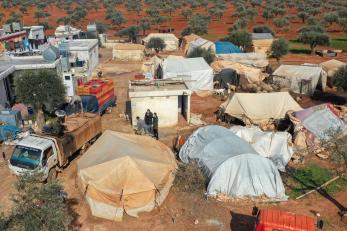
The past 13 years of conflict in Syria upended the country, devastating the economy, decimating cities, and driving millions of people from their homes. With the collapse of the previous government, Syrians are now at a crucial turning point to determine their future amid the humanitarian crisis millions of people continue to grapple with. “Humanitarian needs in Syria are at their highest, as funding for aid organisations is at its lowest.” says Mathieu Rouquette, Mercy Corps Country Director for Syria.
“With over 5.4 million Syrians displaced beyond borders, hundreds of thousands may soon be flooding back into the country only to find their homes and communities are uninhabitable, and themselves in urgent need of assistance,” says Rouquette. “It is imperative to prioritise the restoration of—and dignified access to—essential services for the millions of internally displaced people and refugees planning to return.”
A humanitarian crisis intensified by disaster and the pandemic
The conflict in Syria created one of the worst humanitarian crises of our time. Over 12 million people have been forced from their homes since 2011, with many needing shelter, access to clean water, and the basic necessities to survive.
Humanitarian needs in Syria are at their highest, as funding for aid organisations is at its lowest.
Mathieu Rouquette, Mercy Corps Country Director for Syria
The crisis people faced only grew more dire in the wake of the coronavirus pandemic. The economic fallout of the pandemic drove prices for essential items up and household earnings down, while the virus posed new challenges to those living in the close quarters of displacement camps. And in 2023 a 7.8 magnitude earthquake further slowed recovery, damaging and destroying homes and critical infrastructure across Northwest Syria.
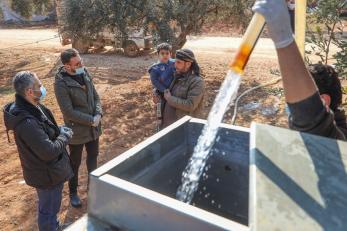
Continuing our support for communities
In Northwest Syria, Mercy Corps continues to support displaced communities as winter conditions set in by providing critical water, hygiene and sanitation services in 45 displacement camps and is preparing to distribute shelter and other essential supplies to those still struggling with the effects of the years-long conflict. In Northeast Syria, Mercy Corps is partnering with communities to meet their immediate humanitarian needs, while providing opportunities for longer-term recovery.
In 2024, Mercy Corps reached over 1.5 million people across the country. Through our partnerships and relationships in the area, we’re able to work with local suppliers to quickly secure additional necessities for distribution in emergencies.
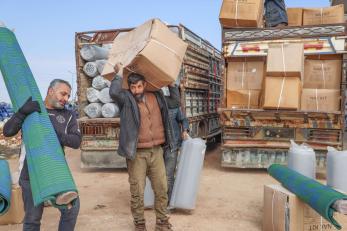
Our team has worked in Syria since 2008, providing essential support including water, food, shelter, sanitation services, and livelihoods assistance to Syrians displaced multiple times throughout the conflict. We remain committed in our support for the people of Syria as they navigate this hopeful path toward lasting peace and recovery. We are prepared to scale up our efforts to meet the needs of Syrian communities across the country in the months and years ahead.
